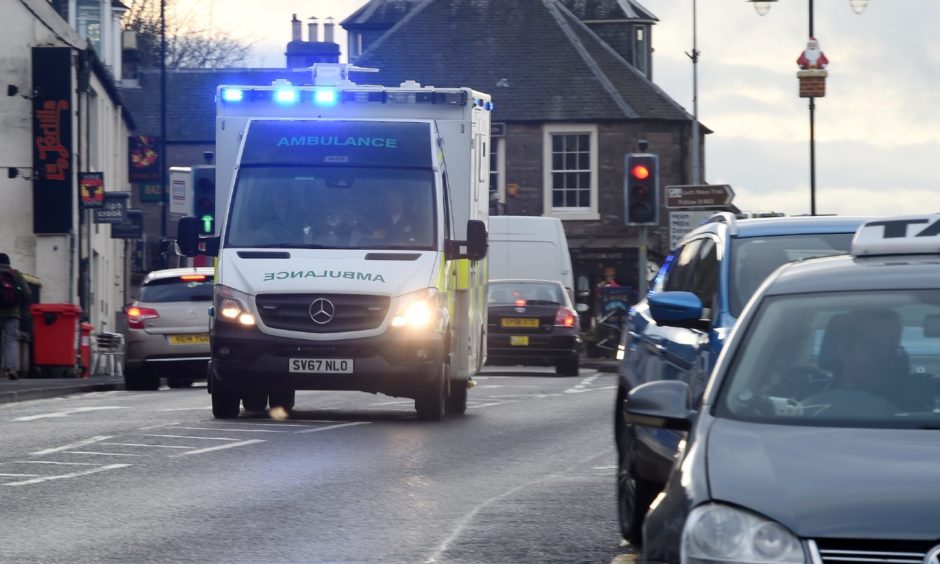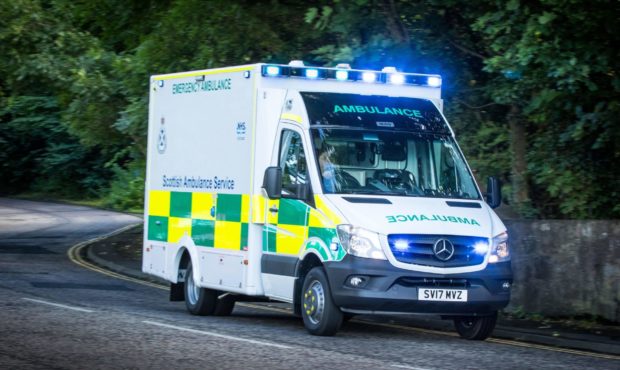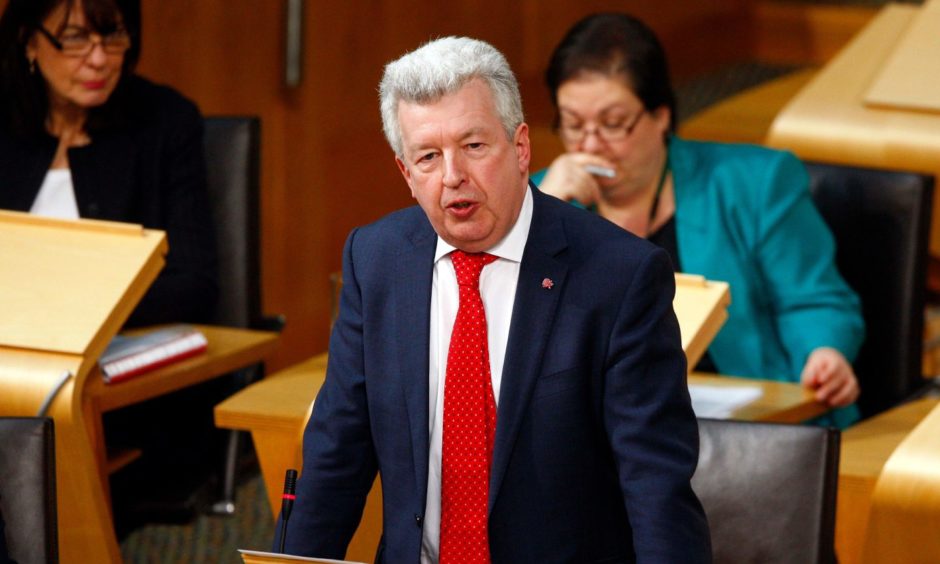Ambulance staff in Scotland are suffering from soaring rates of stress-related illness as the life-saving teams struggle with rising demands.
New figures have revealed the number of hours taken off by paramedics across Scotland due to anxiety, stress or depression has more than trebled in four years.
North-east MSP Lewis Macdonald, convener of Holyrood’s health committee, said the data highlighted the need for more investment in the Scottish Ambulance Service (SAS).
There are 1,749 paramedics working in the SAS, and the figures show that the number who were absent with stress-related illness has increased in each of the last four years, from 55 in 2016 to 153 in 2019.
The number of absence hours has risen at a similar rate, from 13,134 in 2016 to 44,129 last year.
The north region – which covers Grampian and the Highlands and Islands – experienced a jump in absences from 1,576 hours to 5,050, in the period.
In the east central region – which is responsible for Tayside and Fife – the number also more than doubled, from 4,147 hours to 10,823.
‘Their welfare should be paramount’
Mr Macdonald, a Labour MSP, said: “These figures point to a service that is under real pressure and it’s clear more investment is needed.
“For too long the service has not received the funding it needs to meet the rising demand placed upon it.
“Paramedics do a fantastic job, saving lives on a daily basis, and we need to make sure they get the support they need.
“It’s a high-pressured job and they will regularly witness traumatic events. Their welfare should be paramount.”
The data, released under freedom of information laws, also show a significant rise in overtime hours and costs in the service.
In 2013 there were 43,113 hours and £863,311 spent on overtime in the north region, but by 2019 those figures had soared to 57,045 hours and £1,397,536 cost.
In the east central region the number of overtime hours increased from 32,283 to 39,650 in the same period, while the bill was up from £632,021 to £969,592.
Staffing levels increased in the north region from 287 to 320 since 2013, and in the east central area they had risen from 237 to 261.

A spokesman for the SAS said: “Our staff work incredibly hard, helping patients and saving lives every day.
“We understand the pressures they face and have a wide range of health and wellbeing support measures in place to help them.
“In addition we are continuing to recruit, train and develop new ambulance staff across the country to provide additional capacity going forward.”
Crews do ‘tremendous job’
A Scottish Government spokesman said ambulance service staff did a “tremendous job” in what can be “exceptionally challenging circumstances”.
He added: “Like all of our frontline responders, their welfare and mental wellbeing is crucially important.
“The Scottish Government is committed to working with NHS boards and Health and Social Care Partnerships to provide services to support all staff in these challenging times, including a range of wellbeing and psychological support provision.
“In May we launched the National Wellbeing Hub, which has had over 56,000 users to date, and a National Wellbeing Helpline (0800 111 4191) for the health and social care workforce, based in NHS 24, has been available since July.
“We are also working to increase capacity and reduce individual workload across the ambulance service – investing almost £900 million over the last four years and committing to training an additional 1,000 paramedics.”

